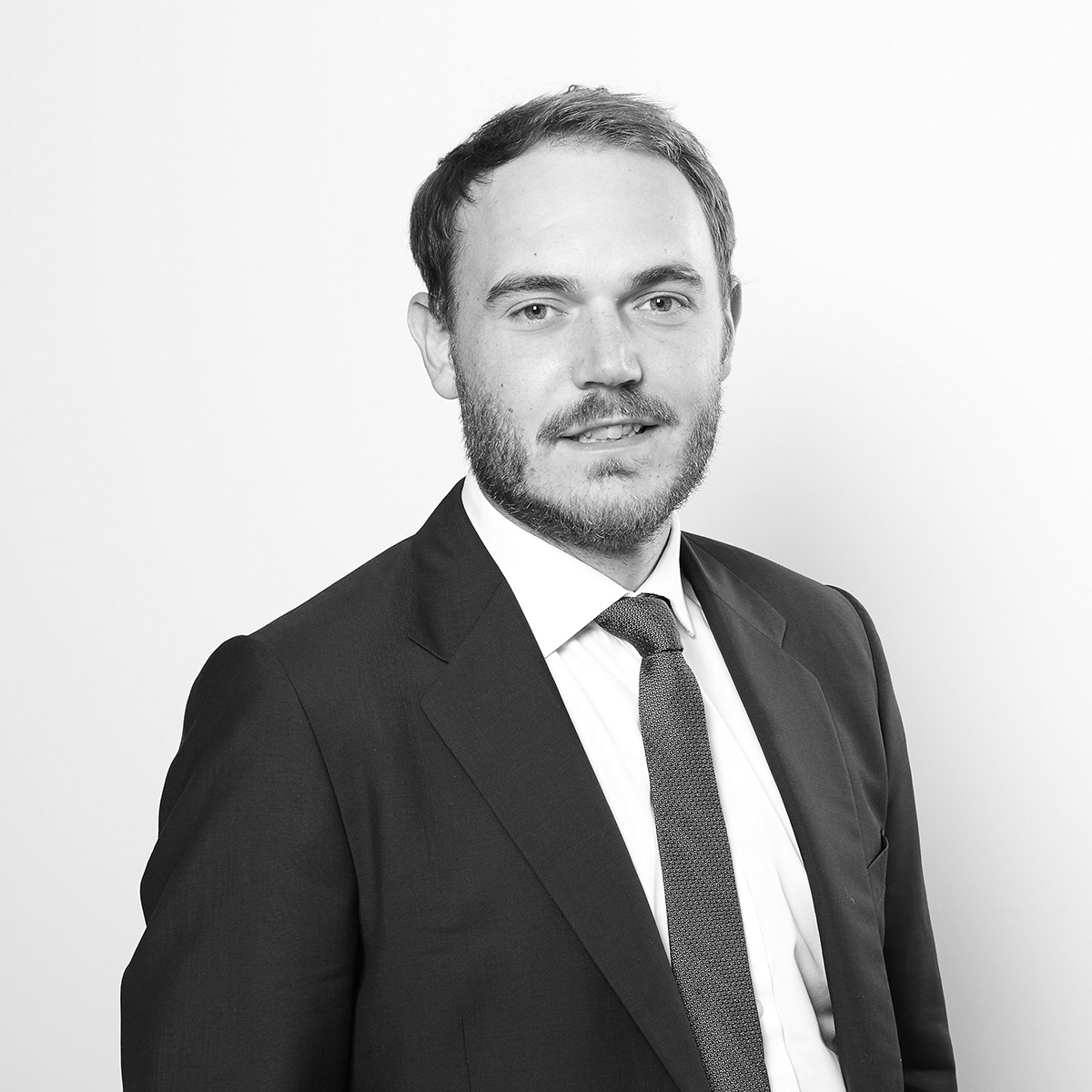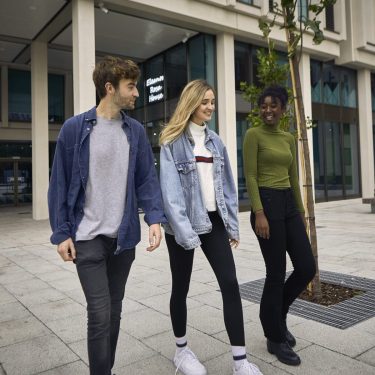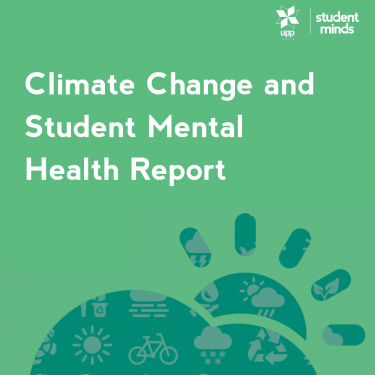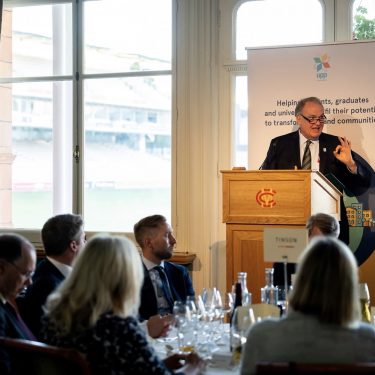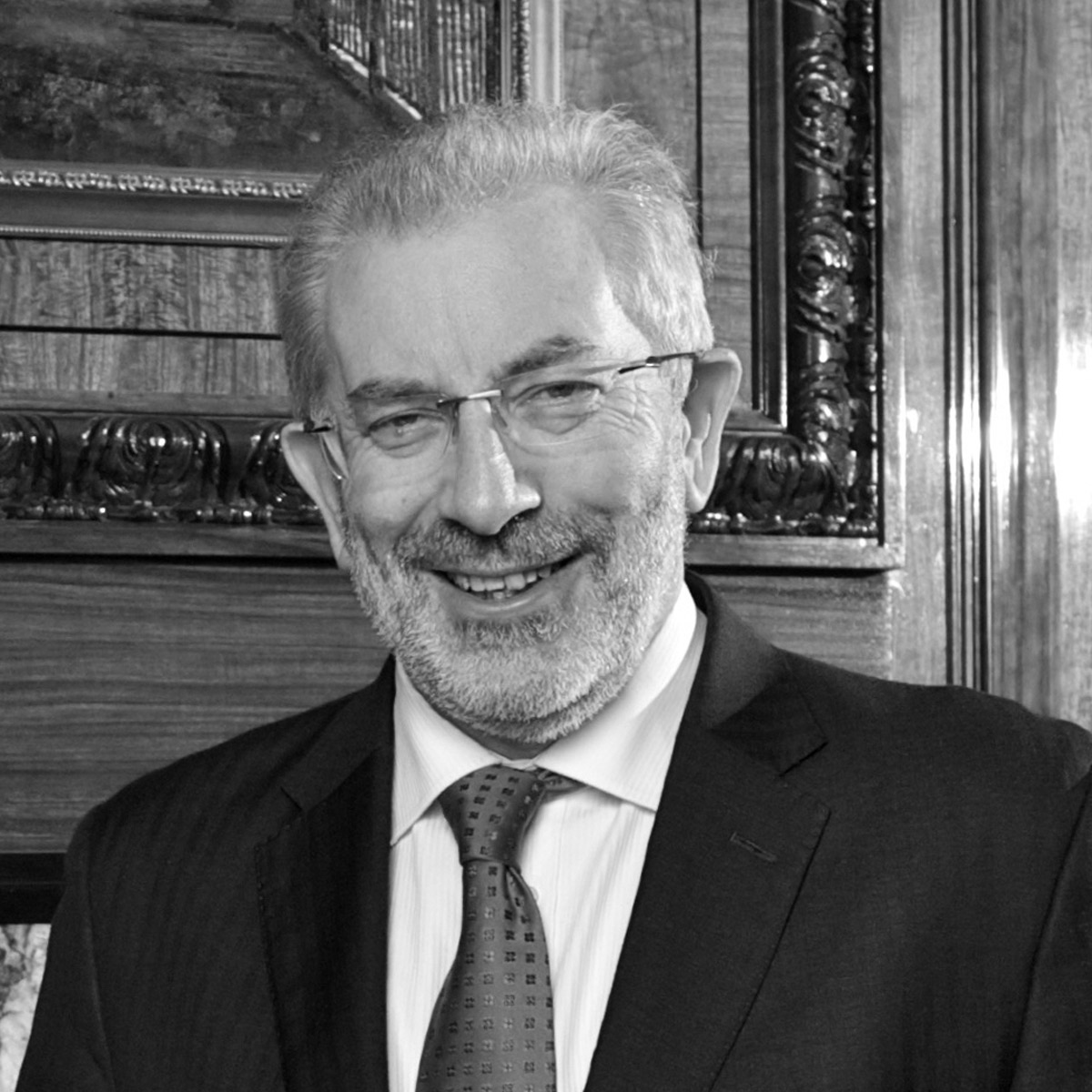
The UPP Foundation is extremely sad to hear that Lord Kerslake, formerly the Chair of our Civic University Commission, died on Saturday (1 July). Our thoughts and condolences are with his family and friends.
Lord Kerslake was a superb Chair of the UPP Foundation Civic University Commission. His dedication to the Commission and the ‘place’ agenda led to a renaissance of the civic university movement, and everyone who worked on the project found Bob to be an absolute pleasure to work with. The impact of the Commission was transformative for the UPP Foundation and we will forever be thankful for Bob’s brilliant leadership.
Richard Brabner, Director of the UPP Foundation, provides some reflections on Bob’s leadership of the civic university agenda:
“The UPP Foundation was launched in 2016 with the Civic University as one of our key themes. At that time, our Advisory Board wanted us to prioritise this theme as there wasn’t really an organisation in HE looking at this strategically. Then the EU referendum happened, and issues relating to ‘place’ began rising up the agenda. A few of us, including Alex Favier (University of Nottingham), Andy Westwood (University of Manchester) and Rachel Wolf (Public First), came up with and developed the idea of a Commission to look at what a civic university should be like in the 21st century.
It took us some months to get this off the ground and we needed to secure a Chair who would give the Commission some gravitas, while helping to shape its direction. As a non-paid role, we anticipated that the time given to the project would be limited, but their name would help give the project credibility and profile. Given Bob’s role in national and local government (as well as higher education), we thought he would be the perfect fit and thanks to Alistair Jarvis, the then-CEO of UUK, we were introduced to Bob, who enthusiastically agreed to be the Chair of the Commission.
Once Bob was in post, all of the other parts of the Commission fell into place pretty quickly. As we expected, his name alone gave the project credibility. But it wasn’t until we started working with Bob that we truly got to understand how lucky we were to have him as Chair.
If the time he dedicated to the project was limited we didn’t notice. Despite Chairing various other Boards and initiatives, he was fully involved in supporting the Commission’s work. Not only did he Chair the four select committee-style evidence sessions, but when various other organisations asked to put on separate events (in different parts of the country) he invariably turned up to speak or engage with them in person. He was completely involved in developing all the sessions, utilising his network to engage the right people and was fully immersed in the creation of the final report. It goes without saying, given his kind and engaging personality, that he treated everyone the same, be they a student, a Vice Chancellor or government Minister.
Critical to the success of the Commission were his passion and insights. He cared deeply about ‘place’ and had thought much about the role of universities in their cities, towns and regions in his time as a local authority leader, and then as Chair of Council for Sheffield Hallam. His experience led him to thoughtfully and compassionately interrogate what universities were saying to him. He fervently believed that policy and incentives were pointing in the wrong direction, but also knew that as autonomous institutions (which were better off than much of the public sector at the time) universities had more room for manoeuvre themselves to own this issue, rather than rely on government intervention or support.
To my mind his brilliant ability – and one that is all too rare in public policy or the higher education sector generally – was the tone of the challenge to universities. He got the balance (and this was completely down to Bob) spot on. Universities could do more (after all there wouldn’t be a Commission if everything was working perfectly) but he articulated this in a way that brought the sector with him, to enable change to happen. I have vivid memories of drafts being re-written by Bob with certain sections toned down where we had been a bit too critical, and other sections given a bit of a punch where we had been overly defensive of the sector. This took some time (as I’m sure colleagues at Public First will testify) but it was all worth it!
With around 70 universities developing Civic University Agreements, the creation of the Civic University Network, cross-party support for the Commission’s final report and even international interest in the civic university agenda it is fair to say that the Commission made a difference. Indeed, a recent PA Consulting survey of Vice Chancellors found universities are undergoing a “sea change” in strategies to prioritise local engagement and impact, driven by the Civic University Commission.
As a small and new Foundation when setting up the Commission we could not have dreamed of this impact. It was Bob who made the difference. He changed higher education for the better.
On a personal note, it was the privilege of my career to have worked with Bob. A lovely and decent man, who we will all miss greatly.”
